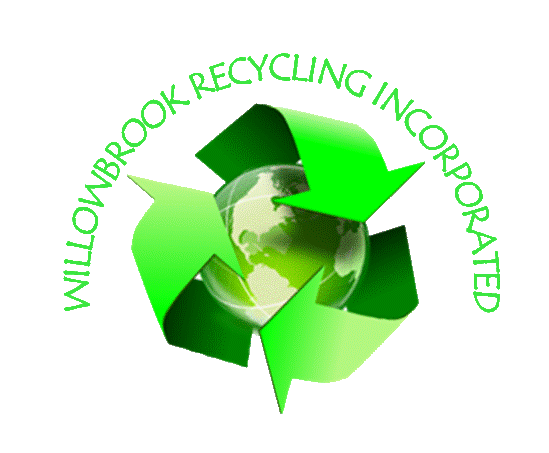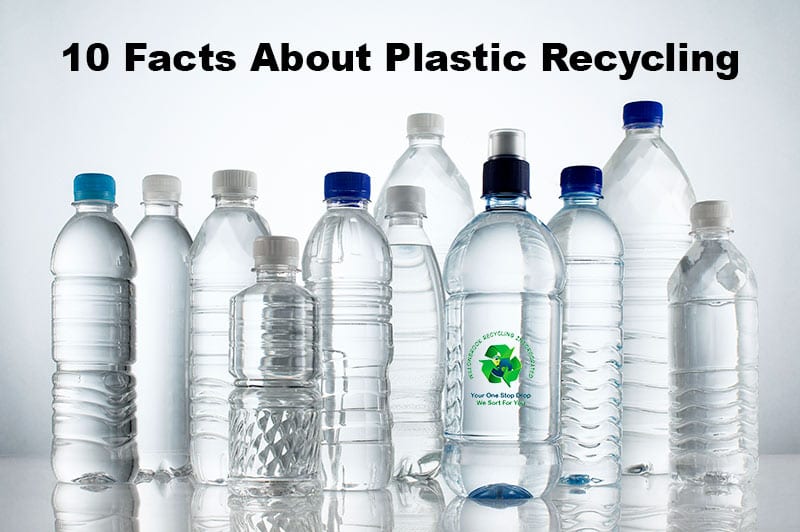[fusion_builder_container hundred_percent=”yes” overflow=”visible”][fusion_builder_row][fusion_builder_column type=”1_1″ background_position=”left top” background_color=”” border_size=”” border_color=”” border_style=”solid” spacing=”yes” background_image=”” background_repeat=”no-repeat” padding=”” margin_top=”0px” margin_bottom=”0px” class=”” id=”” animation_type=”” animation_speed=”0.3″ animation_direction=”left” hide_on_mobile=”no” center_content=”no” min_height=”none”][fusion_content_boxes layout=”icon-with-title” columns=”1″ icon_align=”left” title_size=”” backgroundcolor=”” icon_circle=”yes” icon_circle_radius=”1″ iconcolor=”#ffffff” circlecolor=”#81d742″ circlebordercolor=”” circlebordercolorsize=”” outercirclebordercolor=”” outercirclebordercolorsize=”” icon_size=”15px” link_type=”” link_area=”” animation_delay=”” animation_offset=”” animation_type=”0″ animation_direction=”down” animation_speed=”0.1″ margin_top=”” margin_bottom=”” class=”” id=””]
[fusion_content_box title=”Wikipedia Info” icon=”fa-wikipedia-w” backgroundcolor=”#cccccc” iconcolor=”” circlecolor=”” circlebordercolor=”” circlebordercolorsize=”” outercirclebordercolor=”” outercirclebordercolorsize=”” iconrotate=”” iconspin=”no” image=”” image_width=”35″ image_height=”35″ link=”” linktarget=”_self” linktext=”” animation_type=”0″ animation_direction=”down” animation_speed=”0.1″]Plastic recycling is the process of recovering scrap or waste plastic and reprocessing the material into useful products. Since the vast majority of plastic is non-biodegradable, recycling is a part of global efforts to reduce plastic in the waste stream, especially the approximately eight million metric tonnes of waste plastic that enter the Earth’s ocean every year. This helps to reduce the high rates of plastic pollution.[/fusion_content_box]
[/fusion_content_boxes]
Recycling Plastics
Take a look around your home, plastic is everywhere and likely there are many items that are made of recycled plastic.
Recycling technologies have come a long way over the years and more development of new technologies are just around the corner. Extending the life of plastic materials and reducing the amount of plastic that ends up in landfills should be forefront in all our daily lives.
What is Recycling Plastic?
Recycling plastic is a process where different types of plastics are melted and then blended with raw materials. This process creates plastic pellits or powder that is used to create new packaging and products.
Recycling can seem like an easy process, but involves a complicated system of organizations to collect, process, transport, store, inspect and sort, chop, grind, package, etc.

Are All Plastics Recyclable?
Most plastics are recyclable and are marked with resin codes identifying the plastic type but not the recyclability of the plastic.
Plastic containers are made of different types of plastic resin identified by resin codes – numbers inside a triangle – on the bottom of each container. The containers look alike but they’re not because each resin consists of very specific chemical molecules.
Some resins mix well together, but for those that don’t, recycling them together is like oil and water and the resulting resin can’t be used.
1 – PET/PETE – Thin/Clear – Used for water, cooking oil, peanut butter, etc.
- One-time use
- Do not reuse or heat
- Is Recyclable
3 – PVC polyvinyl chloride – Rigid or Flexible – Used for bibs, mattress covers, commercial-grade wrap, food/detergent containers, etc.
- Limited reuse
- May be recyclable in some areas
2 – HDPE High-density polyethylene – Thick/Opaque – Used for milk, water jugs, juice bottles, detergent bottles, shampoo bottles, toys, etc.
- Limited reuse
- Is recyclable
4 – LDPE Low-density polyethylene – Soft/Flexible – Used for grocery stor bags, plastic wrap, garbage bags, etc.
- Can be reused
- Is recyclable
5 – PP polypropylene – Hard/Flexible – Used for ice cream containers, yogurt containers, drinking dtraws, syrup bottles, salad bar containers, diapers, etc.
- Can be reused
- Is recyclable
6 – PS polystyrene – Rigid – Used for Styrofoam coffee cups, Styrofoam meat trays, opaque plastic cutlery, etc.
- Limited reuse
- Not recyclable
7 – OTHER – Includes: poly-carbonate, bio-plastic, acrylic – Used for: 5-gallon water bottles, sports bottles, clear plastic cutlery, lining of metal food cans, etc.
- Limited reuse
- Not recyclable
Facts About Plastic
1. At least 90 percent of the price of water is for things other than the water its self, like:
- Bottling
- Packaging
- Shipping
- Marketing
2. Because plastic water bottles are shielded from sunlight in landfills, they will not decompose for thousands of years.
3. Recycling plastic saves twice as much energy as burning it in an incinerator.
4. The first polyethylene terephthalate (PET) bottle was recycled in 1977
5. Recycling a ton of PET containers saves 5.6 cubic meters of landfill space.
6. The energy saved by recycling a single plastic bottle is enough to power a 60-watt bulb for 6 hours
7. Using recycled plastics instead of virgin raw materials to manufacture products saves 70% of the energy by comparison; therefore, using recycled products is of the simplest ways to fight climate change.
8. At least 320.7 million kilograms of post-consumer plastic were collected in Canada for recycling in 2014. 800,000 kilograms of that was bottles.
9. Plastic water bottles are the third most recycled product in Canada, behind newspapers and aluminum.
10. When plastic water bottles are recycled, they are used to make:
- playground equipment
- Automobile parts
- Carpeting
- Fleece clothing
- Sleeping bags
- Shoes
- Luggage
- Other plastic containers
What are the return rates for plastic bottles?
- 5¢ | Up to and including 1L (one litre)
- 20¢ | Bigger than 1L
See all return rates[/fusion_builder_column][/fusion_builder_row][/fusion_builder_container]

